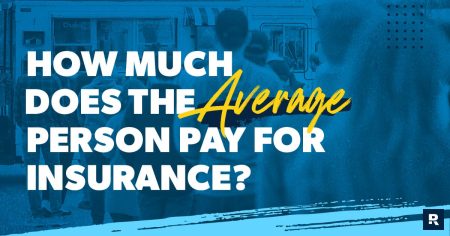California Gov. Gavin Newsom pledged that his budget proposal to balance the state’s ballooning $45 billion deficit would not include higher taxes on workers or businesses.
“I don’t see there’s a real need right now to increase general taxes in the state, and put more burden on working folks and our competitive posture. I do not believe we need that this year or next year,” Newsom, a Democrat, told reporters during a press conference earlier in May. “I don’t know how many times I can say no to that tax question.”
Yet a new report published by the California Taxpayers Association (CalTax), a nonpartisan and nonprofit tax research group, suggests Newsom’s revised budget plan actually contains several indirect tax increases on businesses that could cost as much as $18 billion over the next four years.
MASSACHUSETTS RISKS LOSING $1B AS WEALTHY RESIDENTS FLEE FOR LOWER-TAX STATES
Newsom called for banning businesses with annual revenue over $1 million from deducting their net operating losses and limiting usage of business tax credits to $5 million for the 2025, 2026 and 2027 tax years.
CalTax estimated that change alone would increase corporate tax revenue by $15.9 billion over the next four years.
INFLATION INCREASES 3.4% IN APRIL AS PRICES REMAIN ELEVATED
The proposal also calls for reversing a recent ruling by the Office of Tax Appeals (OTA) regarding the treatment of repatriated income. OTA ultimately sided with Microsoft in its long-running dispute with the Franchise Tax Board (FTB) over the treatment of its foreign earnings. Microsoft was awarded a $94 million refund – a “significant” decision that tax experts said could bring in millions of dollars for companies that do business in California.
The FTB estimated the ruling could cost California about $1.3 billion in refunds immediately and millions more in coming years.

But Newsom’s proposal would essentially nullify the decision by declaring the FTB had, in fact, correctly applied the law. The change would apply retroactively and prospectively to taxable years “beginning before, on, or after the effective date of this bill.”
“As the OTA correctly ruled, the refunds are required by law. The only ‘risk’ is to companies that were forced to overpay their corporate taxes and then fight for refunds, and now face the additional hurdle of an after-the-fact legislative change designed to allow the state to keep the money,” CalTax wrote in the report.

The proposal comes as Newsom addresses what is one of the largest budget shortfalls in state history. In addition to indirect taxes on businesses, Newsom also floated deep spending cuts that would affect immigration, education and low-income parents seeking child care.
The California legislature has until June 15 to approve a budget or forfeit their pay until a budget is passed.
Read the full article here
















